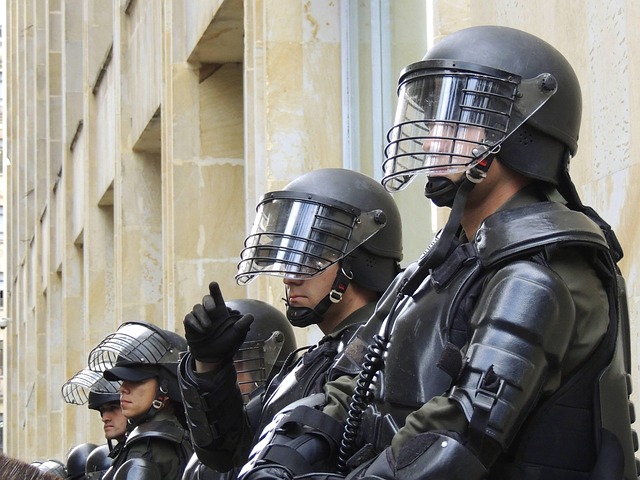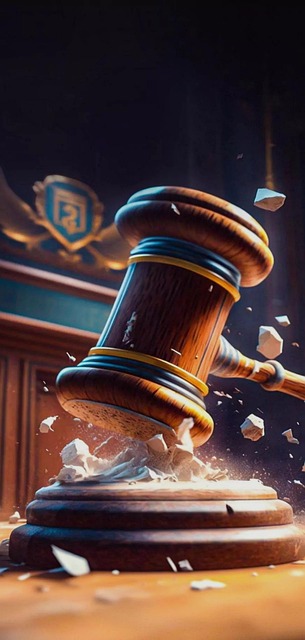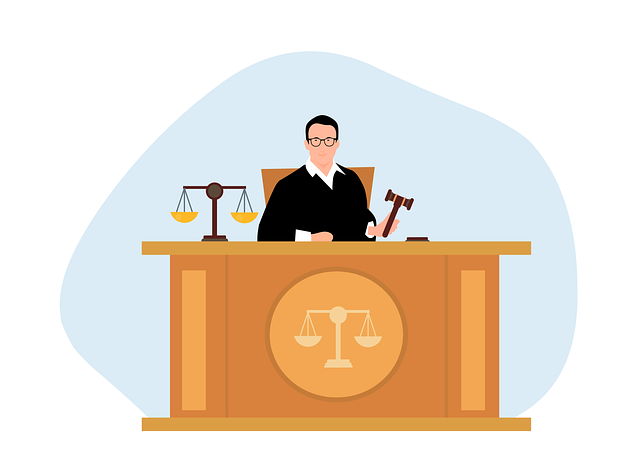Antitrust laws, vital for fair competition and economic growth, address practices like price fixing and market division. In cases of alleged violations, Legal Grounds for Jury Selection Objections are key to a fair trial. Juries, accountable for white-collar crimes, require strategic objections during selection to ensure impartiality and understanding of complex legal issues. This process, involving challenges for cause and peremptory challenges, aims to uncover potential biases and shape an unbiased jury composition. Success relies on meticulous questioning during voir dire to establish unbiased judgment. Understanding these legal grounds is crucial for both plaintiffs and defendants in navigating complex antitrust cases.
“Antitrust violation cases play a pivotal role in maintaining fair market competition. This article delves into the intricate world of antitrust laws, their enforcement, and the legal processes surrounding them. We explore key elements that constitute an antitrust violation, focusing on strategic insights during witness selection and jury trials. Understanding the grounds for objections in jury selection is essential for both legal professionals and businesses navigating these complex cases. Learn how these factors impact outcomes, ensuring compliance with antitrust regulations.”
- Understanding Antitrust Laws and Their Purpose
- Key Elements of an Antitrust Violation Case
- Legal Grounds for Excluding or Challenging Witnesses
- The Role of Juries in Antitrust Trials
- Common Objections During Jury Selection Process
Understanding Antitrust Laws and Their Purpose

Antitrust laws are designed to promote fair competition in the marketplace by preventing businesses from engaging in anti-competitive practices. These laws aim to protect consumers and ensure a level playing field for all companies, fostering economic growth and innovation. Understanding these legal frameworks is crucial when navigating cases involving alleged antitrust violations. Such violations can arise from various actions, including price fixing, market division, and the abuse of dominant market position, each carrying distinct legal implications.
The purpose of antitrust laws extends beyond just preventing illegal behavior; they also serve as a framework for resolving disputes and offering remedies. In cases where there are allegations of antitrust misconduct, Legal Grounds for Jury Selection Objections play a significant role in ensuring a fair trial. Across the country, jury trials have been instrumental in holding companies accountable for white-collar and economic crimes, allowing for public scrutiny and potential deterrence. However, legal teams must carefully consider their strategies, as these objections can be complex, requiring a deep understanding of both the law and the unique circumstances surrounding each case.
Key Elements of an Antitrust Violation Case

When examining an antitrust violation case, several key elements come into play. The first step involves identifying the legal grounds for the case. This includes understanding the specific laws and regulations that have been violated, such as those pertaining to price-fixing, market division, or monopolistic practices. Antitrust attorneys carefully analyze the facts and evidence to establish a strong case against the alleged violators.
The process of jury selection is another critical aspect. Objections during this phase are strategic moves to ensure an unbiased and qualified jury. In antitrust cases, which often involve complex economic concepts, selecting jurors with the right understanding and background can make a significant difference. An unprecedented track record of successful cases can bolster the credibility of both plaintiffs and defendants, as it demonstrates the strength of arguments and evidence presented in court.
Legal Grounds for Excluding or Challenging Witnesses

In high-stakes cases involving antitrust violation charges, understanding the legal grounds for excluding or challenging witnesses is paramount for successfully navigating jury selection. Attorneys must be adept at recognizing when potential witnesses may unduly influence the trial’s outcome or possess information that could lead to their clients’ indictment. This strategic approach involves thorough scrutiny of witness credentials, prior testimonies, and any potential biases or conflicts of interest. By raising timely objections during jury selection, legal teams can ensure a fair trial for their high-profile clients.
The process often hinges on the relevancy and materiality of the proposed testimony, as well as the ability to cross-examine witnesses effectively. Legal experts must be prepared to challenge not only direct evidence but also circumstantial insights that might sway the jury’s perception. Skilled attorneys use these objections to shield their clients from unnecessary risks, thereby avoiding indictment and navigating complex legal landscapes with finesse.
The Role of Juries in Antitrust Trials

In antitrust violation cases, juries play a pivotal role in determining whether companies have engaged in illegal practices that restrict competition. The jury’s decision is crucial as it sets legal grounds for holding corporations accountable under anti-trust laws. The selection process of these juries involves careful consideration to ensure impartiality and an understanding of complex legal concepts. Legal experts scrutinize potential jurors through jury selection objections, aiming to exclude those with biases or preconceived notions about antitrust issues, thereby fostering a fair trial environment.
Understanding the dynamics of jury trials in such cases is essential for both plaintiffs seeking justice and companies facing white-collar defense. A well-informed jury can navigate the intricate details of market behavior and make sound judgments, ultimately shaping the outcome and potentially leading to winning challenging defense verdicts. This underscores the importance of a robust jury selection process that guarantees a trial by an unbiased and competent panel.
Common Objections During Jury Selection Process

During the jury selection process for antitrust violation cases, several common objections arise based on legal grounds. These objections are strategic maneuvers by both plaintiffs and defendants to ensure a fair trial. Challenges may be levied against potential jurors for cause, citing biases or relationships that could impact their ability to render an impartial verdict. For instance, if a juror has an unprecedented track record of involvement in philanthropic and political communities, they might not be objective when considering the economic impacts of alleged antitrust breaches.
Another type of objection is peremptory challenges, where lawyers can dismiss jurors without providing a reason. These are often used to exclude individuals from minority groups or those with general criminal defense backgrounds, aiming to shape the jury composition in their favor. The key to navigating these objections lies in demonstrating impartiality and unbiased judgment, which requires careful questioning during voir dire, the preliminary examination process aimed at revealing potential biases or conflicts of interest among prospective jurors.
Antitrust violation cases, with their intricate legal landscapes, require a meticulous understanding of both antitrust laws and effective jury selection strategies. By recognizing the key elements of these cases and navigating the legal grounds for witness exclusion or challenge, attorneys can ensure fair trials. Juries play a pivotal role in these proceedings, making it crucial to address common objections during selection to seat an impartial and informed panel. This ensures that the process remains robust, unbiased, and aligned with the principles of justice, ultimately facilitating well-founded decisions based on solid legal grounds.






